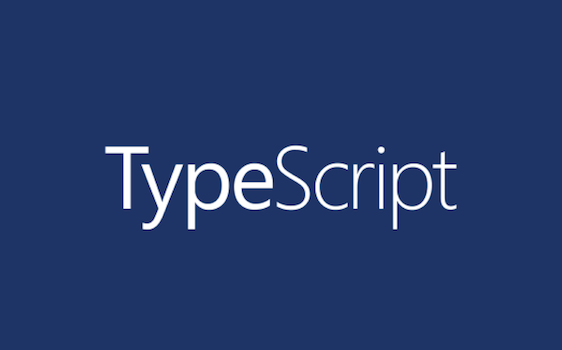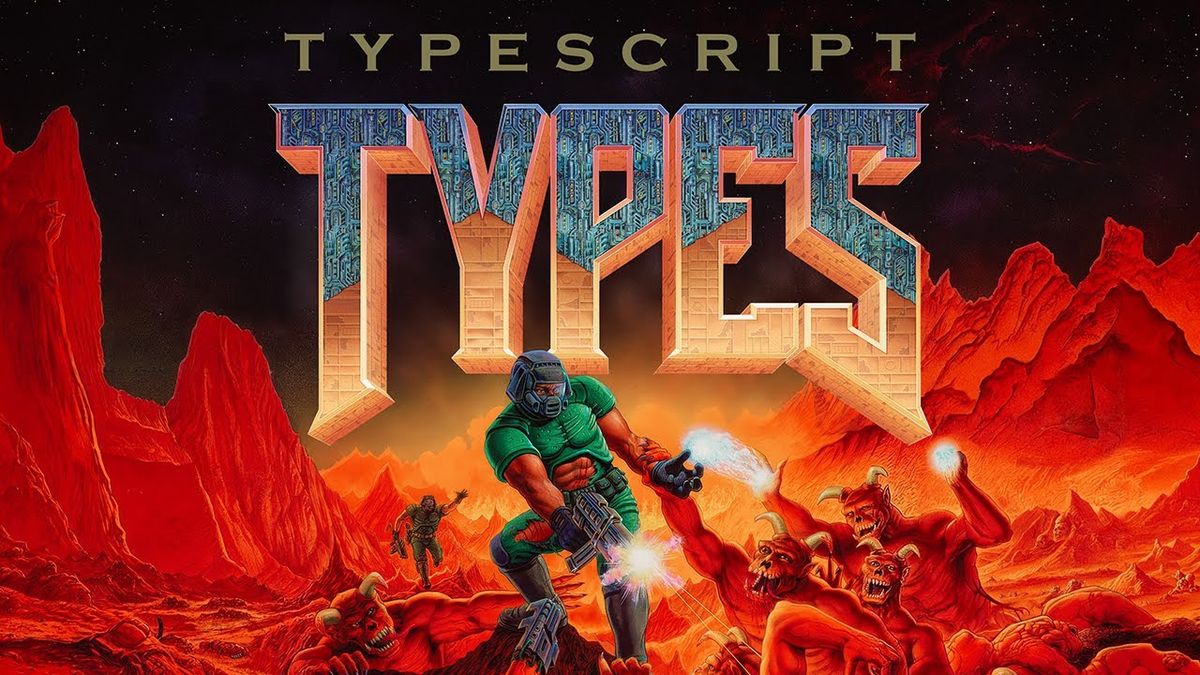
A 10x Faster TypeScript - TypeScript
Embarking on a native port of the existing TypeScript compiler and toolset to achieve a 10x performance speed-up.
Follow along with the video below to see how to install our site as a web app on your home screen.
Note: This feature may not be available in some browsers.


he explained why they didn't go with C#, although it has a lot of language features. This is the part of the interview where he mentions why.It's a shame the infrastructure for C# AOT compilation is such an afterthought. There's no reason C# couldn't be competetive for this, Microsoft needs to dogfood more.
Typescript is kinda impressive in that it uses things like generics and stuff and makes it compatible with Javascript, and I dunno about how many languages write the compilers in the language in question, but Typescript is a huge undertaking.There seems to be a huge uproar about this (although could be just a vocal minority). I guess the idea is that the practice of writing a compiler with the language in question is a somewhat important tradition.
From a more practical point of view I think this is great. Build time is one of the main reason why I got a 7950X3D instead of a say 7800X3D. Faster building time = better, no question about it.
You can write a functional style in C# just fine and it isn't purely a technological choice. C# should be an important part of their ecosystem, so they should dogfood it.he explained why they didn't go with C#, although it has a lot of language features. This is the part of the interview where he mentions why.
You can write a functional style in C# just fine and it isn't purely a technological choice. C# should be an important part of their ecosystem, so they should dogfood it.
Letting the Windows ecosystem slowly erode into nothing but a way to run the 365 Office suit and a browser is a terrible idea. Yes, 365/Azure is printing money, but that's no reason to just let everything else rot.
I think the reverse will occur, that is C# will become even more stagnant because since people are required to use it, why improve it?
And they do. .NET has been evolving and improving at an impressive pace in recent years, especially since the transition from the old Framework and the decoupling from Windows concluded - it's anything but stagnant.While it's true that it could be beneficial to Microsoft if they spend more resources on improving C#, requiring or taking preferences on their own project for the sake of this is the wrong approach IMHO. If Microsoft actually requires project managers to use C#, I think the reverse will occur, that is C# will become even more stagnant because since people are required to use it, why improve it?
To put it simply, he explained why they chose Go over C# for various reasons (one of the reason is that Go is available on more platforms, which is quite a big problem). What Microsoft should do is to improve C# on these fronts.

TypeScript debuted in 2012 as a statically typed superset of JavaScript designed to improve maintainability and scalability in large projects. It subsequently grew in importance and frequently ranked among the most loved and widely adopted languages in several survey-based examinations of programming language popularity. For example, just a few months ago we reported "TypeScript Tops New JetBrains 'Language Promise Index.'" Over the years, in some surveys, it also vaulted ahead of languages such as Python, C# and Java.
More information on Project Corsa will be provided in a March 13 AMA (ask me anything) event on the TypeScript Community Discord.
Meanwhile, there is much discussion about the new project, much of it centered around the choice of Go as opposed to Microsoft darlings like Rust. Daniel Rosenwasser, principal product manager for TypeScript, early today started a Hacker News discussion on the port, and TypeScript dev lead Ryan Cavanaugh did the same on Reddit.
From the latter: "In the end we had two options - do a complete from-scratch rewrite in Rust, which could take years and yield an incompatible version of TypeScript that no one could actually use, or just do a port in Go and get something usable in a year or so and have something that's extremely compatible in terms of semantics and extremely competitive in terms of performance."

AFAIU this won't change the runtime, only the compilation of Typescript programs. Am I correct?
they should bring back .NET Native. Make things as fast as possible.You can write a functional style in C# just fine and it isn't purely a technological choice. C# should be an important part of their ecosystem, so they should dogfood it.
Letting the Windows ecosystem slowly erode into nothing but a way to run the 365 Office suit and a browser is a terrible idea. Yes, 365/Azure is printing money, but that's no reason to just let everything else rot.
